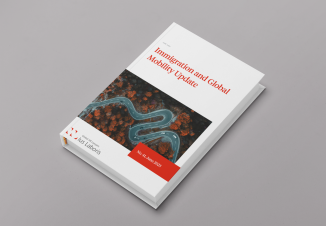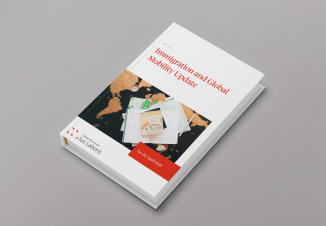
From an employer’s point of view, however, there are certain legal implications to working abroad that need to be thought about before their employee can take a flight to their preferred destination and set up to work. These factors vary according to the country the person wants to work in and so it’s important to research this based on precisely where the employee wants to go. But the basic considerations you need to have in mind for wherever your employee asks to go are these:
In what follows, we take a country-by-country look at what employers need to think about when someone asks to work temporarily or partially from abroad. By temporarily, we mean where the employee normally works in country A, but, for example, s/he has a holiday home in country B and wants to work there during July, August and September. By partially, we mean where the employee is based in country A but resides in country B, and the employee now asks to work for, say, two days per week from home in country B. In our survey, we have assumed the employee does not provide services to other companies in country B and we focus on certain rules that apply in the destination country, rather than rules that might apply in the home country.
You can use the search function below to select the countries whose rules you need to know about. If a country you are seeking is not listed, do get in touch and ask us about it (see contact details towards the end of this page).
Note: The law is complex and fact-dependent. The table below provides a starting point but should not be treated as legal advice. You should always take specific advice on the facts of your case before proceeding.
Sophie Maes has been a partner at Claeys & Engels since 2009. Within Ius Laboris she chairs the Global Mobility and Immigration Expert Group.



